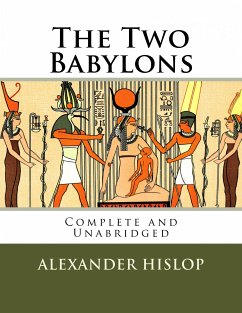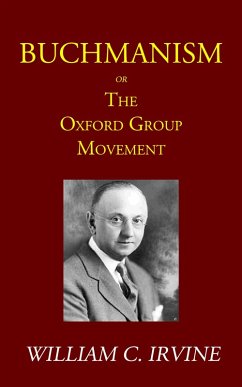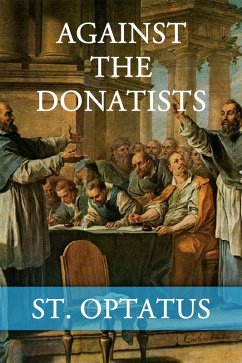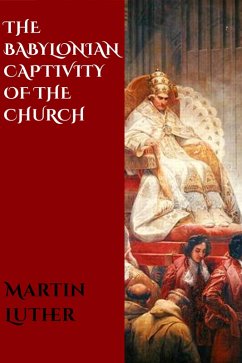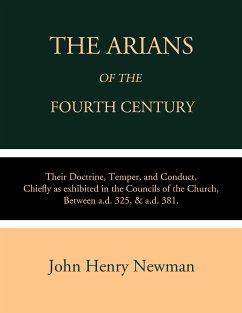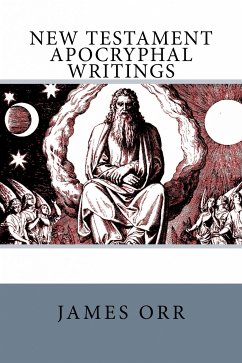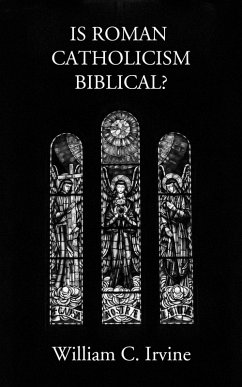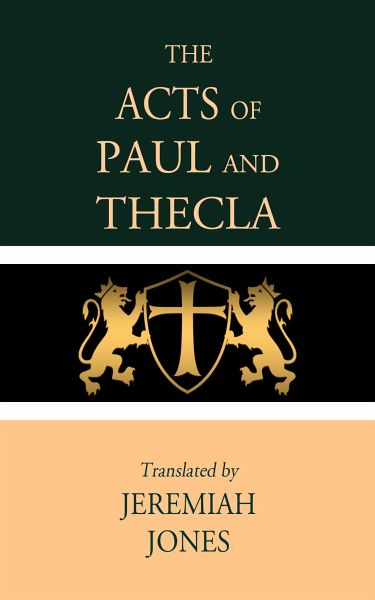
Acts of Paul and Thecla (eBook, ePUB)

PAYBACK Punkte
0 °P sammeln!
Tertullian says that this piece was forged by a Presbyter of Asia, who being convicted, "confessed that he did it out of respect of Paul," and Pope Gelasius, in his Decree against apocryphal books, inserted it among them. Notwithstanding this, a large part of the history was credited, and looked upon as genuine among the primitive Christians. Cyprian, Eusebius, Epiphanius, Austin [Augustine], Gregory Nazianzen, Chrysostom, and Severus Sulpitius, who all lived within the fourth century, mention Thecla, or refer to her history. Basil of Seleucia wrote her acts, sufferings, and victories, in vers...
Tertullian says that this piece was forged by a Presbyter of Asia, who being convicted, "confessed that he did it out of respect of Paul," and Pope Gelasius, in his Decree against apocryphal books, inserted it among them. Notwithstanding this, a large part of the history was credited, and looked upon as genuine among the primitive Christians. Cyprian, Eusebius, Epiphanius, Austin [Augustine], Gregory Nazianzen, Chrysostom, and Severus Sulpitius, who all lived within the fourth century, mention Thecla, or refer to her history. Basil of Seleucia wrote her acts, sufferings, and victories, in verse; and Euagrius Scholasticus, an ecclesiastical historian, about 590, relates that "after the Emperor Zeno had abdicated his empire, and Basilik had taken possession of it, he had a vision of the holy and excellent martyr Thecla, who promised him the restoration of his empire; for which, when it was brought about, he erected and dedicated a most noble and sumptuous temple to this famous martyr Thecla, at Seleucia, a city of Isauria, and bestowed upon it very noble endowments, which (says the author) are preserved even to this day." (Hist. Eccl., IIb. 3, cap. 8)
Cardinal Baronius, Locrinus, Archbishop Wake, and others, and also the learned Grabe, who edited the Septuagint, and revived the Acts of Paul and Thecla, consider them as having been written in the Apostolic age; as containing nothing superstitious, or disagreeing from the opinions and belief of those times; and, in short, as genuine and authentic history. Again, it is said, that this is not the original book of the early Christians; but however that may be, it is published from the Greek MS. in the Bodleian Library at Oxford, which Dr. Mills copied and transmitted to Dr. Grabe.
CrossReach Publications
Cardinal Baronius, Locrinus, Archbishop Wake, and others, and also the learned Grabe, who edited the Septuagint, and revived the Acts of Paul and Thecla, consider them as having been written in the Apostolic age; as containing nothing superstitious, or disagreeing from the opinions and belief of those times; and, in short, as genuine and authentic history. Again, it is said, that this is not the original book of the early Christians; but however that may be, it is published from the Greek MS. in the Bodleian Library at Oxford, which Dr. Mills copied and transmitted to Dr. Grabe.
CrossReach Publications
Dieser Download kann aus rechtlichen Gründen nur mit Rechnungsadresse in A, B, BG, CY, CZ, D, DK, EW, E, FIN, F, GR, H, IRL, I, LT, L, LR, M, NL, PL, P, R, S, SLO, SK ausgeliefert werden.




